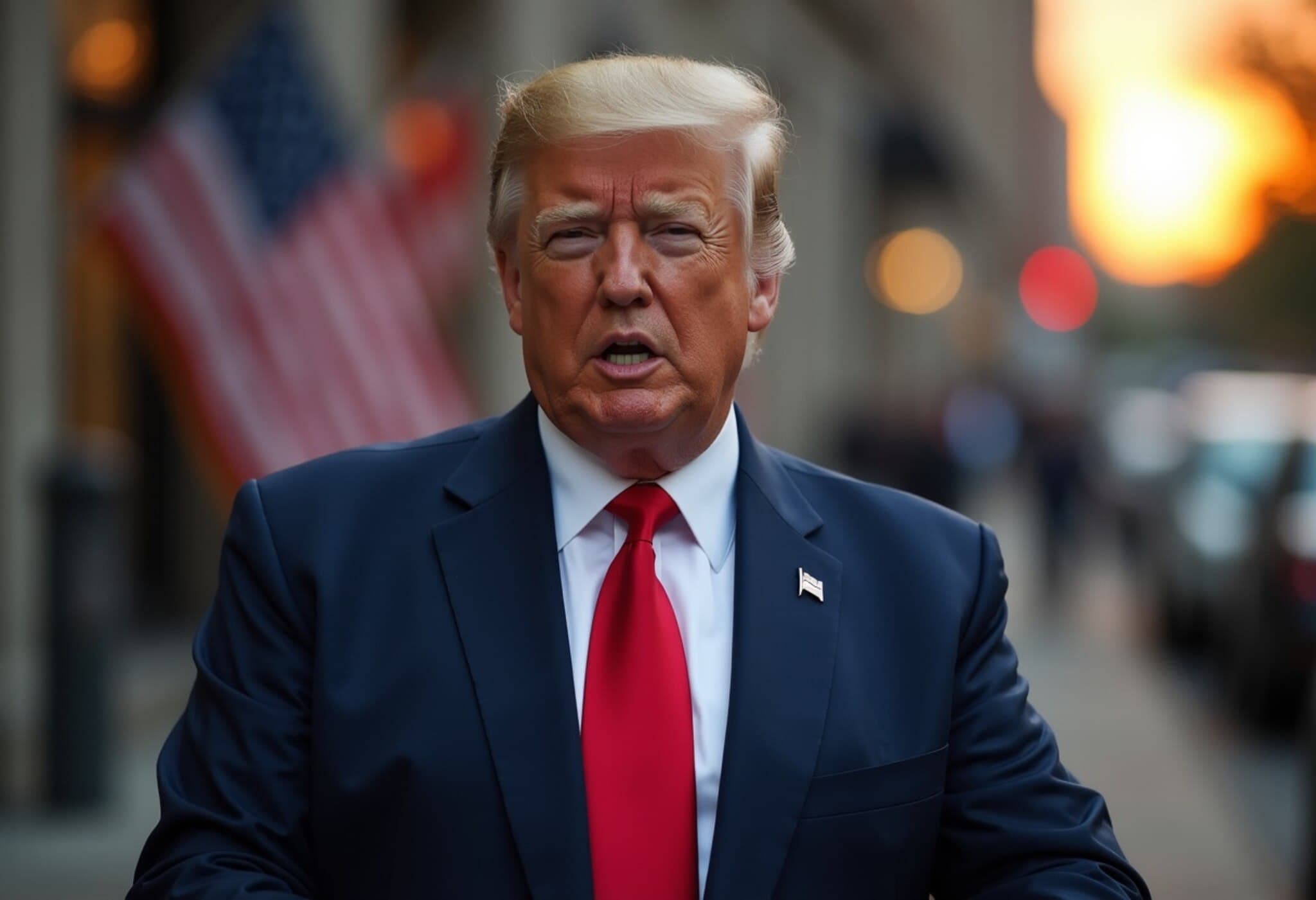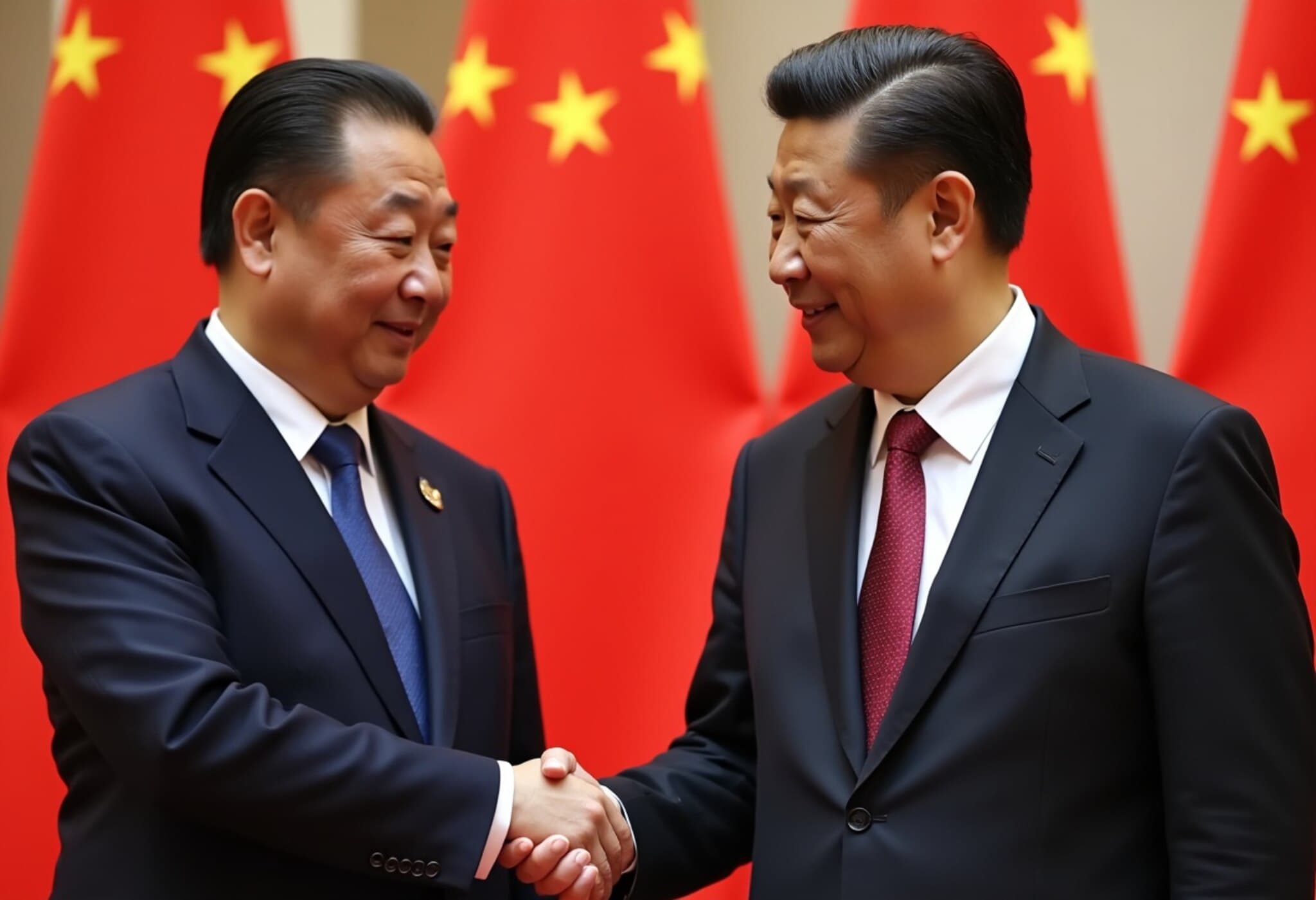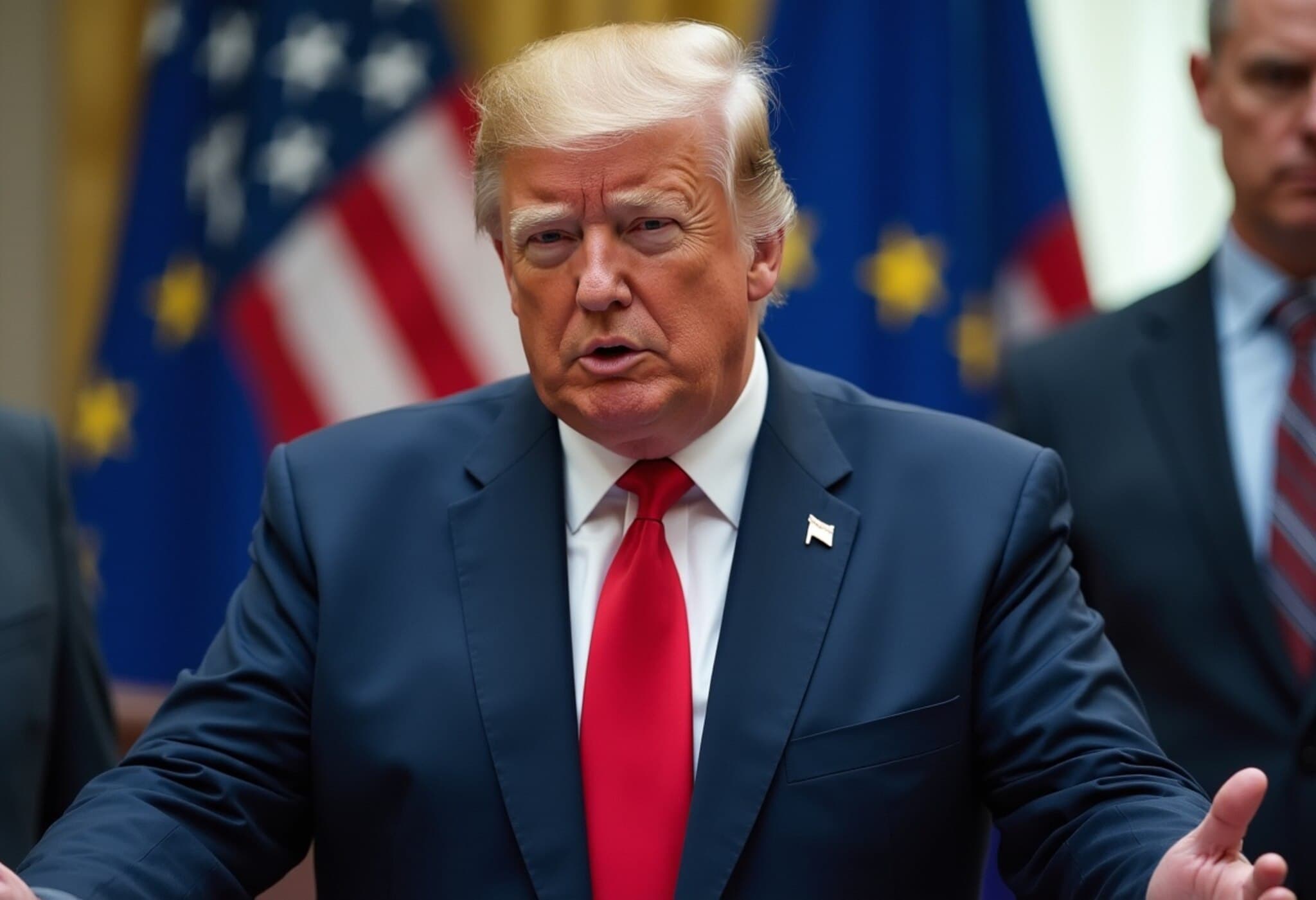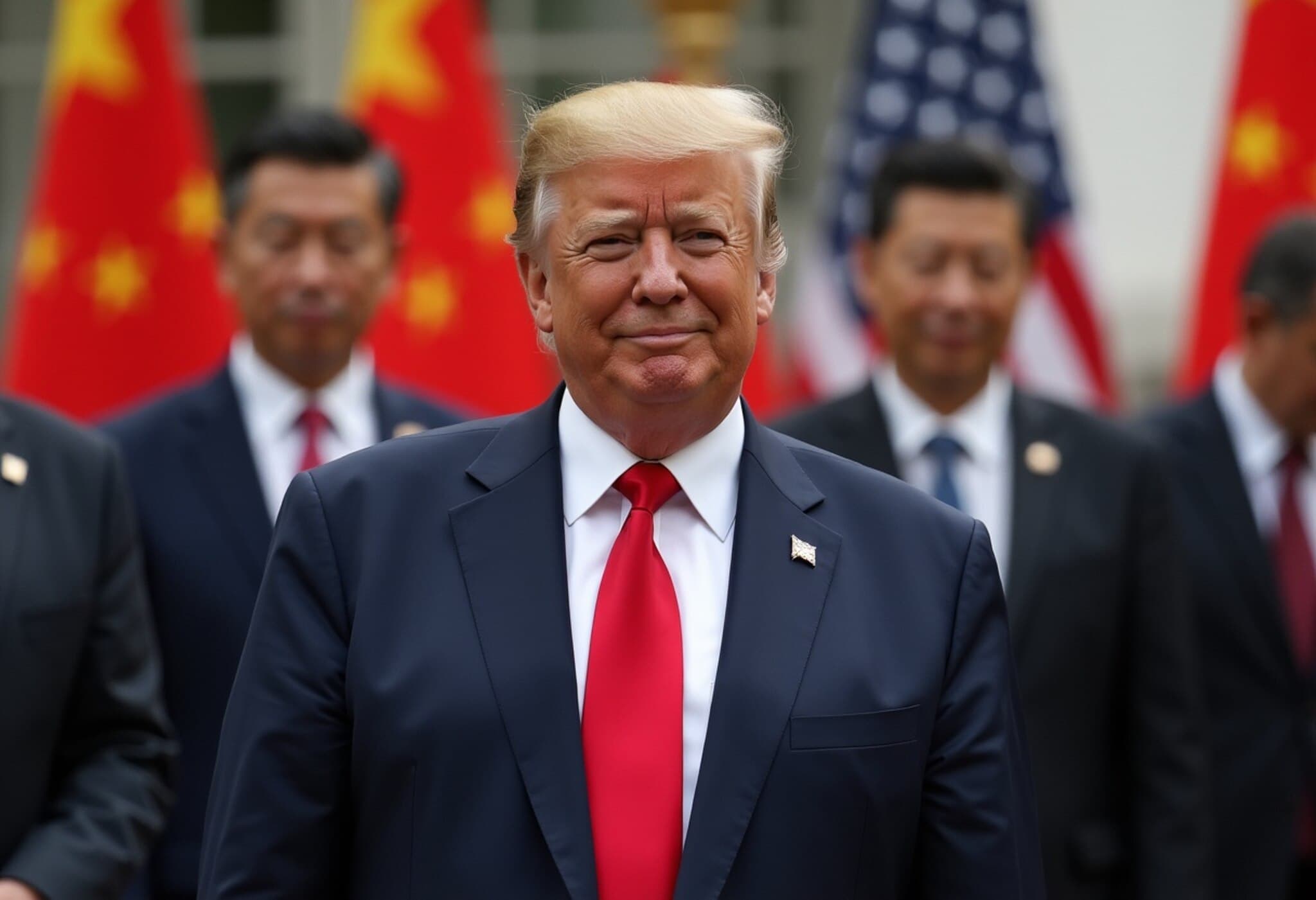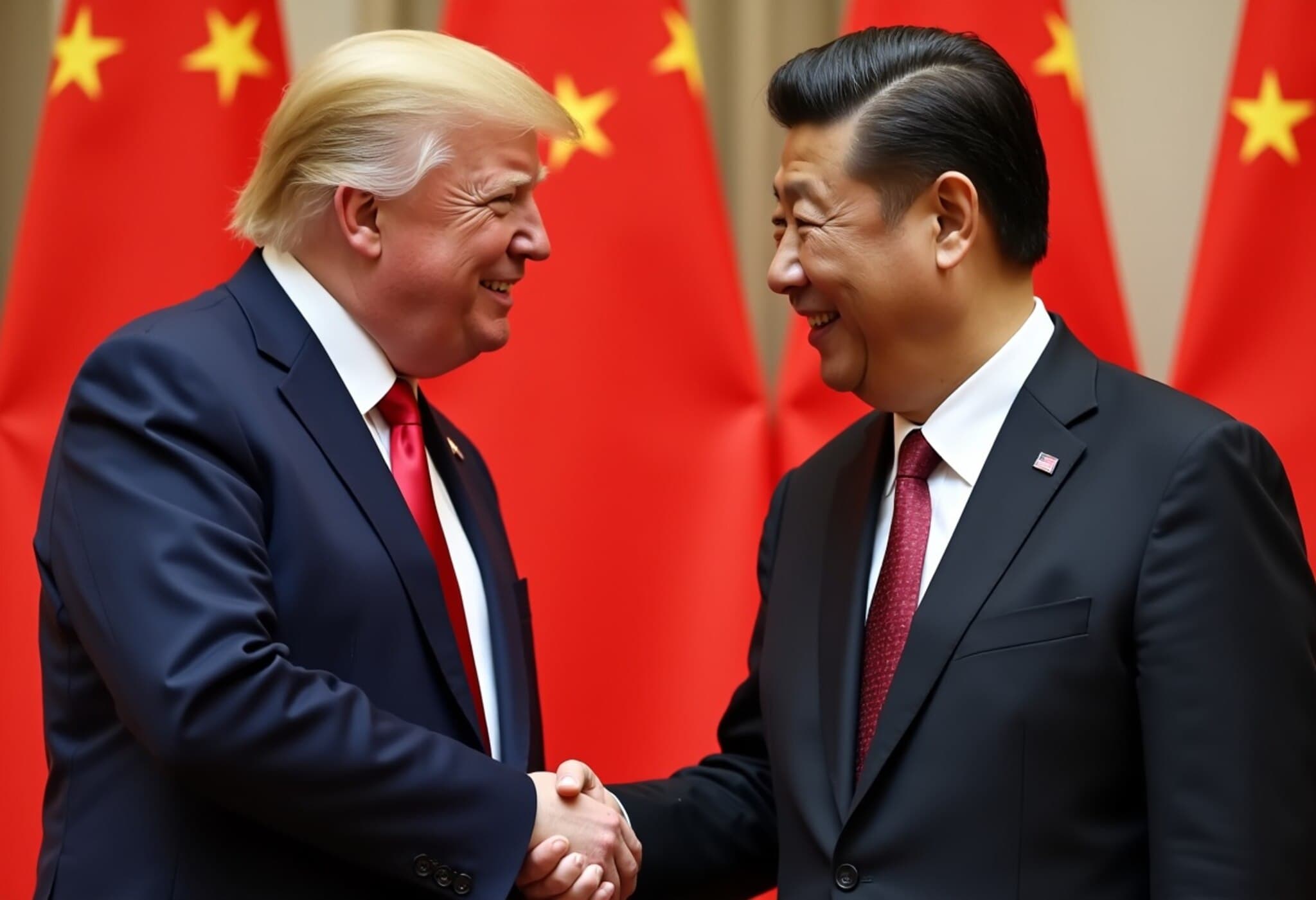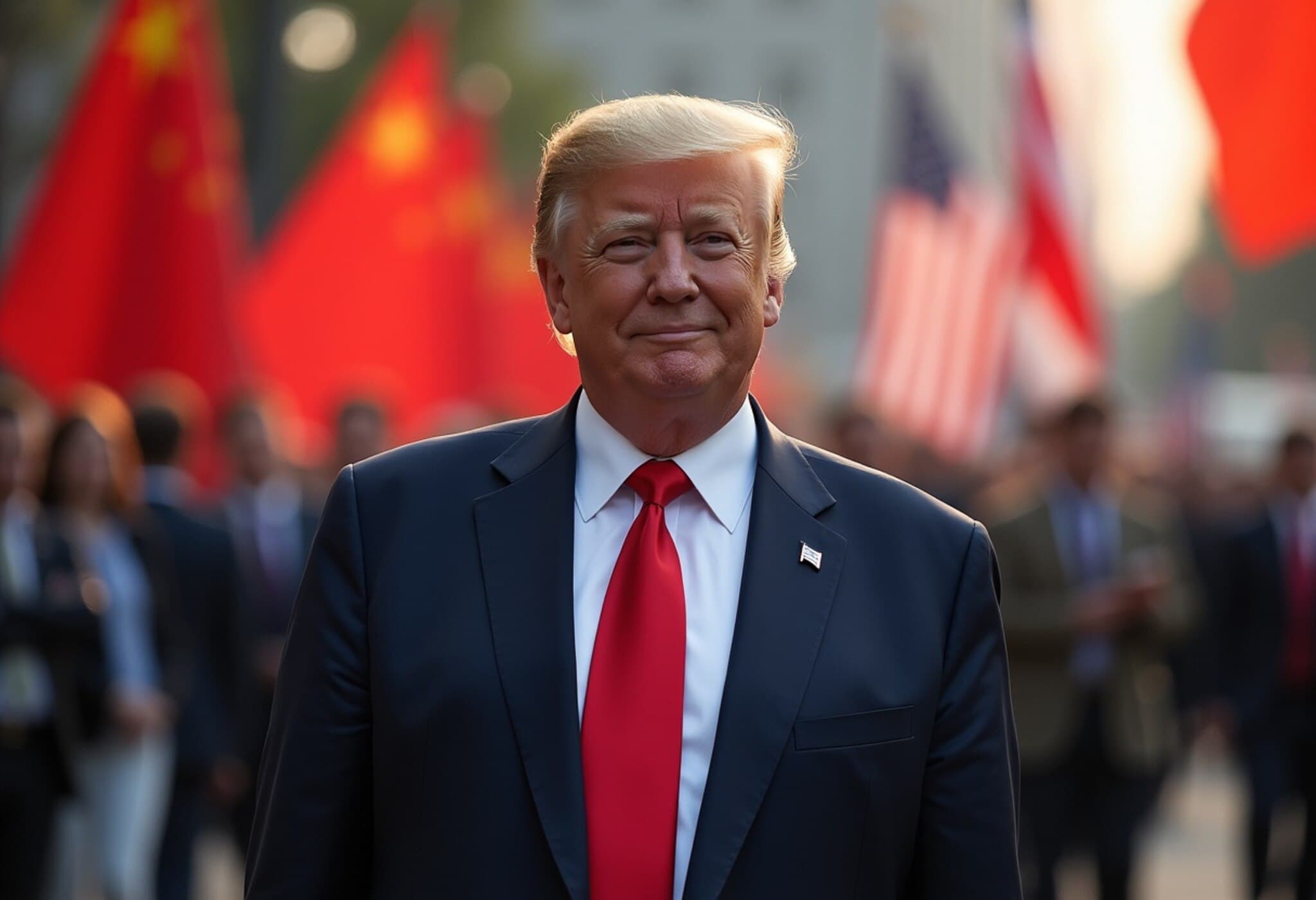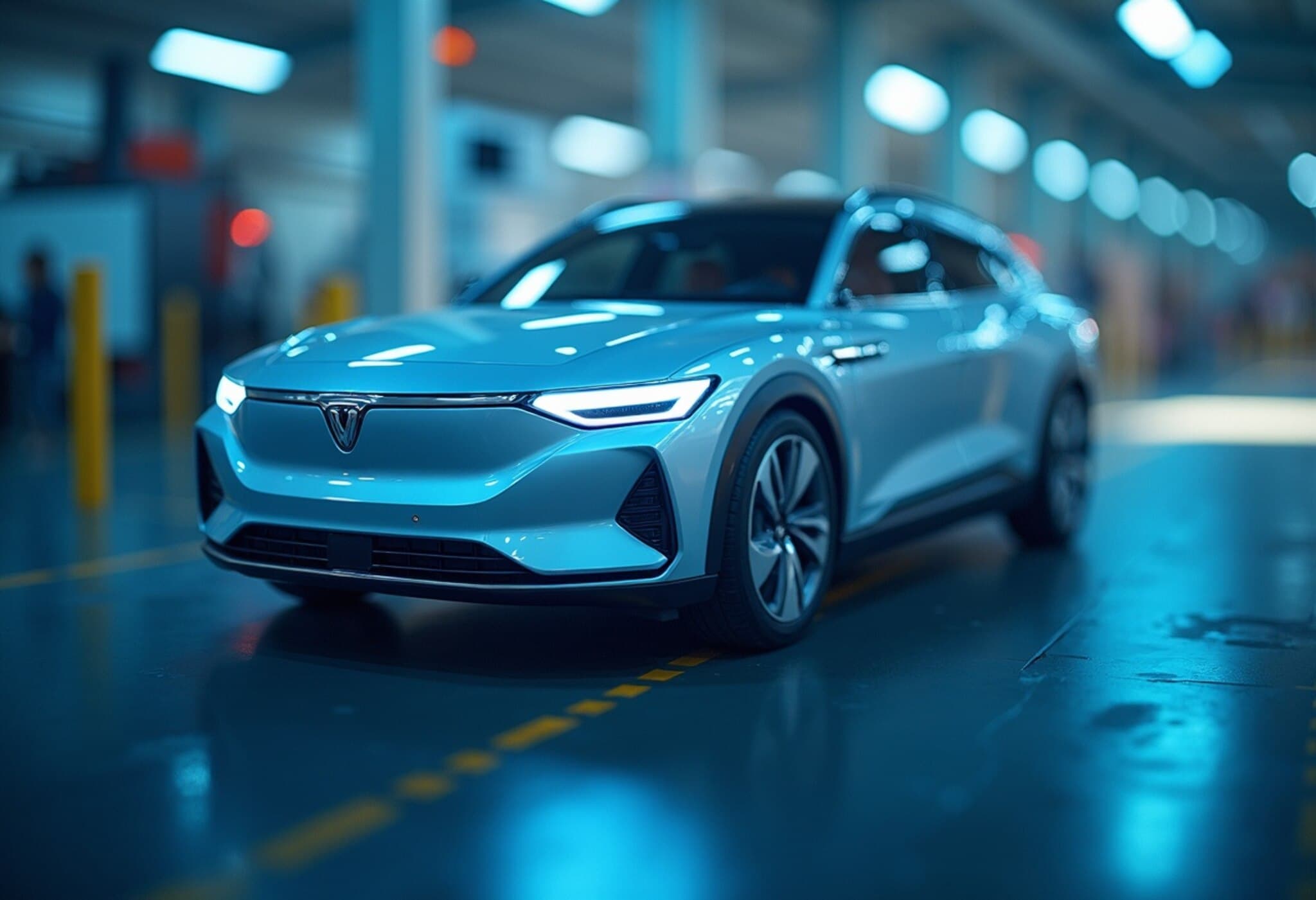EU Calls for Fair Competition with China on Green Energy
During a high-profile visit to Beijing, Teresa Ribera, Vice President of the European Union and head of the bloc's clean energy transition efforts, emphasized the need for equitable competition with China—highlighting concerns over exploitative wage practices and lax environmental standards.
As the European Union prepares for a critical summit with China, Ribera addressed escalating tensions surrounding economic relations, particularly fears over China's manufacturing glut driven by extensive state subsidies. Brussels has growing worries that an influx of inexpensive Chinese goods could severely undercut European firms, exacerbating the existing trade deficit.
Balancing Economic Strategy and Environmental Commitment
"We Europeans don't want to go down a race towards low incomes, lower labour rights or lower environmental standards," Ribera stated firmly, signaling a refusal to compromise on the social and ecological pillars of the EU internal market—even amid competitive pressure.
The EU has already taken tangible steps, such as imposing import tariffs up to 35% on Chinese electric vehicles last October and launching investigations into Chinese solar panel manufacturers. These measures aim to protect European industries from unfair pricing that does not reflect real production costs.
Trade Measures and the Green Energy Transition
When asked about whether these trade protections might hamper the global shift towards renewable energy, Ribera acknowledged there could be some short-term benefit from cheaper imports. However, she warned that overreliance on such imports risks undermining the necessary long-term investments within the EU's green economy—potentially dampening ambition and innovation.
Dialogue with Chinese Leadership: Progress and Ongoing Challenges
During meetings with Chinese Vice Premier Ding Xuexiang, Ribera underscored a pressing concern shared internationally: the insufficient climate ambition among major emitters. While Ding praised China’s active role in global environmental governance, Ribera acknowledged that while conversations were constructive, substantial gaps remain.
"There is great room for improvement," she remarked. "To move forward, we must clearly identify concerns from both sides." Regarding resolution of trade tensions related to China's industrial policies, Ribera expressed cautious optimism that a solution will come eventually—but not imminently.
Geopolitical Context: Navigating Between Global Powers
Ribera’s visit takes place amid shifting global dynamics, with China aiming to strengthen ties with the EU as a counterbalance to an increasingly isolationist United States, particularly under the contentious policies of previous Washington administrations.
Ribera lamented the disruption caused by US withdrawal from international climate accords and trade uncertainty, noting, "It's a pity... The Chinese may see this as an opportunity to elevate their global influence." Yet, the EU remains steadfast in its principles, vowing to defend its industries, societal values, and sovereignty.
On the ongoing transatlantic trade negotiations, recently unsettled by US threats of tariffs, Ribera remained pragmatic: "Who knows if a deal is near? But we will do our best." She reaffirmed the EU’s commitment to its digital competition regulations, calling them non-negotiable as they protect European consumers and uphold market fairness.
Expert Insights: Why This Matters for the Global Green Transition
From a policy analyst’s perspective, the EU’s firm stance reflects a broader debate on the balance between free trade and protecting domestic innovation ecosystems in the clean tech sector. Chinese subsidies have accelerated its dominance in renewables manufacturing, but the EU warns this may come at the cost of undercutting standards that safeguard labor rights and environmental integrity.
This tension raises critical questions for American policymakers and businesses alike. As the US reassesses its own green policies and industrial strategies, there is a growing need to foster transatlantic cooperation to counterbalance economic pressures from China while maintaining high regulatory standards.
Moreover, the unfolding EU-China dialogue could serve as a blueprint for managing competitive yet cooperative transitions to a greener economy, emphasizing that sustainable growth cannot come at the expense of social justice or environmental health.
Looking Ahead: What to Watch
- Progress in EU-China negotiations over trade barriers and subsidies in renewable energy sectors.
- Impacts of EU import tariffs on Chinese green technology goods on market innovation and pricing.
- Shifts in US-EU trade relations and their influence on global climate policy cooperation.
- How governments balance immediate economic gains versus long-term sustainability commitments in clean energy.
Editor's Note
The EU’s call for “fair competition” with China transcends mere trade disputes—it echoes a fundamental struggle at the heart of the global green transition. As economies race to dominate clean technologies, safeguarding dignified labor conditions, environmental standards, and sustainable investment becomes essential. This dynamic raises vital questions for policymakers worldwide: Can economic competition coexist with green ambitions? And what mechanisms ensure that the transition to renewable energy benefits all stakeholders equitably?
These ongoing dialogues between Brussels and Beijing offer a window into how global governance can evolve amid complex geopolitical rivalries and ecological imperatives. Readers are encouraged to consider the broader implications of these developments—not only for European or Chinese economies but for the future of international cooperation on climate change.










